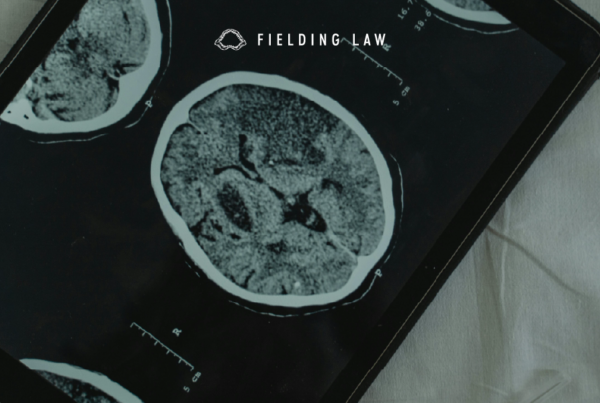At Fielding Law, we understand the importance of having the right auto insurance coverage. Picture this: you are driving down the road, enjoying the breeze, when suddenly, a collision disrupts your peace. In such moments, comprehensive insurance can be your lifeline, ensuring financial security and peace of mind. These auto insurance coverages are essential for protecting you and your loved ones on the road.
Auto Insurance Coverages You Should Have
1. Personal Injury Protection (PIP) and Medical Payments (Med Pay):
-
- Covers medical expenses, lost wages, and related costs for you and your passengers, regardless of fault.
- Ensures quick medical attention without waiting for liability determinations.
2. Bodily Injury Liability:
-
- Covers medical expenses and legal fees for individuals injured in an accident for which you are at fault.
- Safeguards your assets in potential lawsuits.
3. Uninsured/Underinsured Motorist (UM/UIM) Coverage:
-
- Protects you in accidents with underinsured or uninsured drivers.
- Covers medical expenses and damages when the at-fault party cannot compensate fully.
4. Collision Coverage:
-
- Pays for repairs or replacement of your vehicle, irrespective of fault.
- Vital for newer or valuable vehicles.
5. Gap Insurance for Vehicles on a Lien:
-
- Covers the gap between your vehicle’s value and what you owe in case of total loss.
- Eases financial burdens, especially with loans or leases.
Compassionate Legal Support
At Fielding Law, we prioritize your safety and financial well-being. These six auto insurance coverages form a robust shield against unforeseen accidents. Whether it is ensuring immediate medical care with PIP or protecting your assets with Bodily Injury Liability, each coverage plays a crucial role in your protection. Do not wait for an accident to realize the importance of insurance. Take proactive steps today to secure your peace of mind on every journey. If you have been in an accident and have questions, contact us at 833.88.SHARK. We are here to help.
Note: Information provided is for educational purposes and does not constitute legal advice. Always consult with a qualified attorney for legal concerns.





